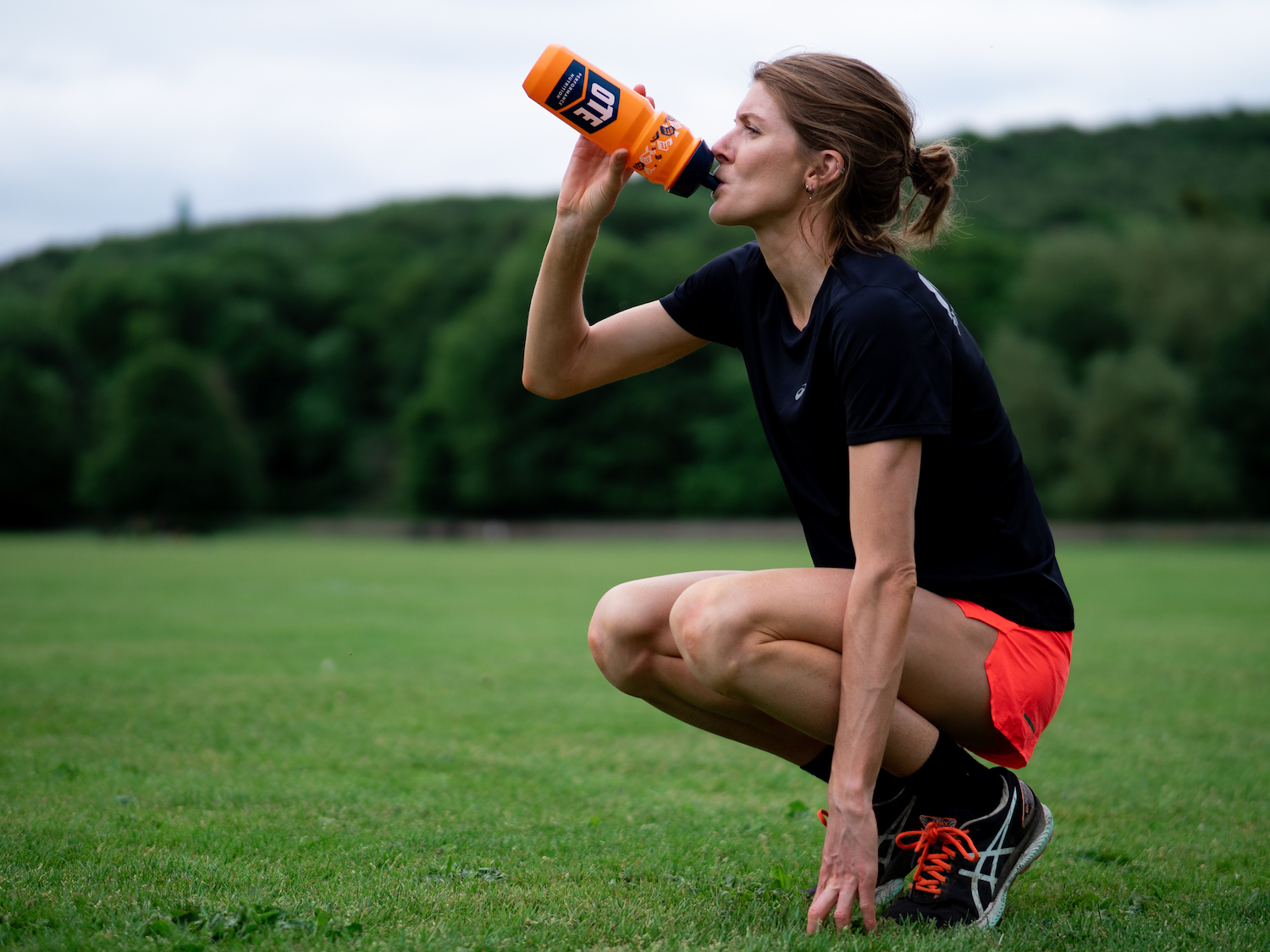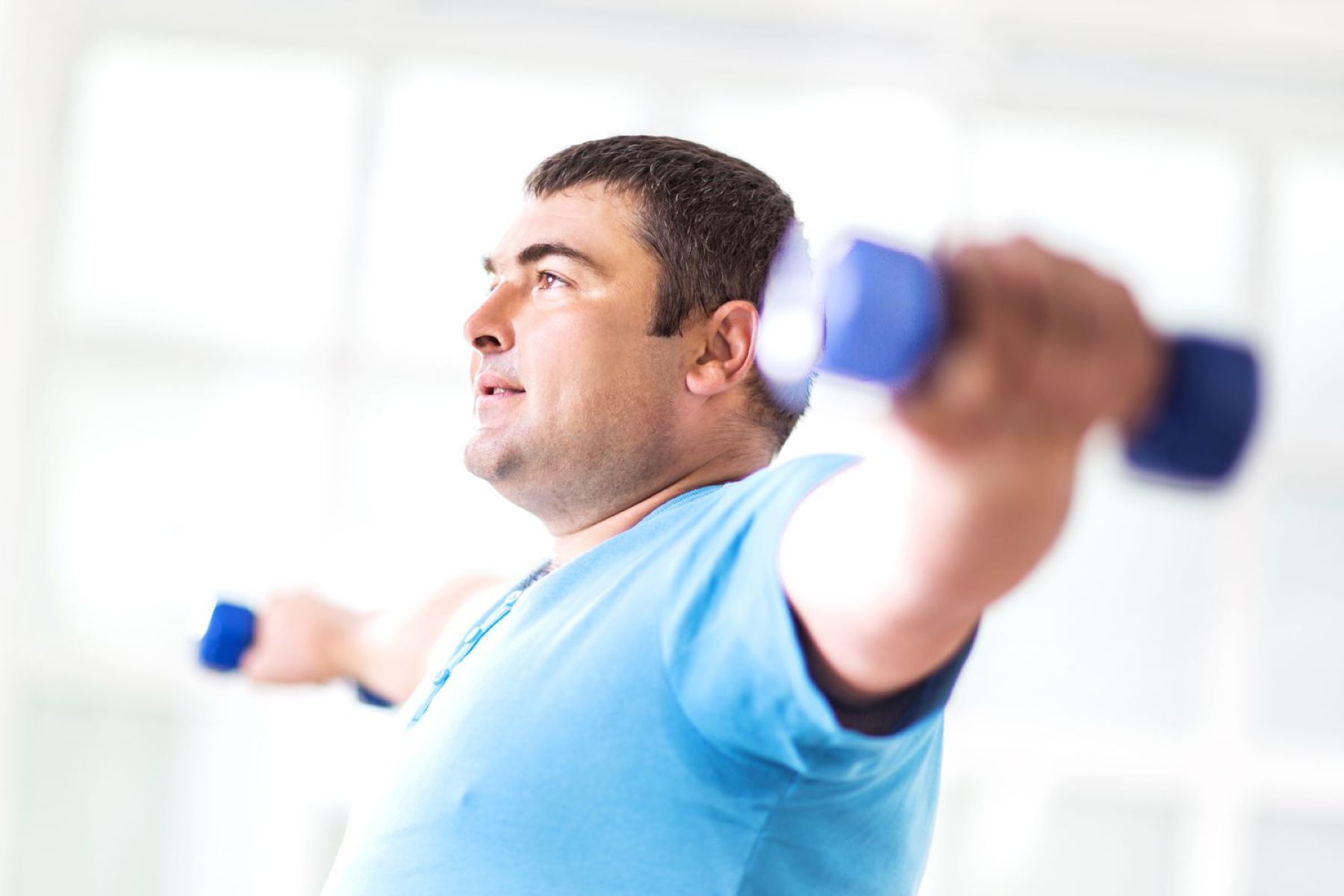Home>Health and Wellness>Health>The Pace and Weight Connection: Will Losing 10 Pounds Make Me Run Faster?


Health
The Pace and Weight Connection: Will Losing 10 Pounds Make Me Run Faster?
Modified: January 2, 2024
Discover the relationship between pace and weight in running and whether losing 10 pounds can make you run faster. This article explores the impact of body weight on running performance, examining the factors that contribute to speed and how weight loss can affect them.
If you’re an avid runner or just beginning your journey into the realm of running, you might have encountered this question: Can shedding a few pounds increase your running speed? This article delves into this frequently asked question: Will losing 10 pounds make me run faster? Grab your running shorts, and let’s hit the ground running on this topic!
The Impact of Weight on Running Speed
The relationship between weight and running speed can seem straightforward: less weight means less mass to move, which theoretically leads to faster speeds. However, the science behind running speed and weight is more complex.
- Energy Expenditure: Carrying extra weight requires more energy to move, which can slow you down. For each pound of body weight lost, a runner could potentially gain about two seconds per mile in speed, according to some estimates.
- Strides and Mechanics: Less weight can mean a more efficient running gait. The decreased load on your legs may result in less energy expended per stride and increased stride frequency.
However, these points provide a simplified view of a very intricate relationship.
The Specifics: Losing 10 Pounds
Let’s dig into the specifics. If you lost 10 pounds, would you see a significant increase in your running speed? If we go by the rule of thumb mentioned above – two seconds per mile per pound lost – you could theoretically decrease your mile time by about 20 seconds.
While this might not seem like a lot for a casual runner, for competitive runners, shaving off even a few seconds could mean the difference between winning and losing.
However, it’s important to note that this is a generalized estimate. How much speed you actually gain from losing weight can vary widely based on individual factors like your starting weight, your body composition, and your running technique.
Weight Loss Isn’t Everything
While it might be tempting to start a strict diet with the goal of shedding pounds to improve your running speed, it’s important to remember that weight loss isn’t everything. Here are some factors to keep in mind:
- Healthy Weight: It’s crucial to maintain a healthy weight for your body type and build. Losing too much weight can lead to malnutrition and decreased athletic performance.
- Muscle Mass: Losing weight can sometimes involve losing muscle mass, which can negatively impact your speed. Muscles are critical for generating the power needed to run faster.
- Overall Health: Extreme weight loss measures can harm your overall health. Health should always be the priority over performance.
Balancing Weight Loss and Performance
Achieving a balance between weight loss and performance involves a multi-faceted approach:
- Healthy Diet: Your diet should be balanced and provide you with the necessary nutrients to fuel your runs and recover afterwards.
- Strength Training: Incorporating strength training into your routine can help you maintain muscle mass while losing weight.
- Proper Hydration: Staying hydrated is essential for optimal athletic performance.
- Rest and Recovery: Ensuring you get enough rest and recovery is as important as the training itself.
More Than Just Weight
Though there is a relationship between weight and running speed, improving your pace isn’t solely about shedding pounds. Here are other ways to get faster:
- Improve Running Form: An efficient running form can help you run faster without needing to lose weight.
- Increase Mileage Gradually: Gradually increasing your running distance can improve your endurance and speed.
- Include Interval Training: Incorporating speed work into your training can help improve your running speed.
- Running on Different Terrains: Varying your running terrain can challenge your body in different ways and lead to performance improvements.
Conclusion
In conclusion, losing 10 pounds can potentially make you run faster. However, the amount of speed gained from weight loss can vary significantly from person to person. Additionally, it’s crucial to approach weight loss in a healthy and sustainable way, ensuring that performance gains don’t come at the cost of overall health.
Frequently Asked Questions
How much faster will I run if I lose 10 pounds?
On average, you could potentially run about 20 seconds faster per mile if you lose 10 pounds. But this is a general estimate, and individual results may vary.
Can I run faster without losing weight?
Yes, you can improve your running speed without losing weight by improving your running form, increasing your mileage gradually, incorporating speed work, and varying your running terrain.
How can I prevent losing muscle mass while losing weight?
Maintaining a balanced diet and incorporating strength training into your exercise routine can help prevent the loss of muscle mass while losing weight.
Will losing weight improve my endurance?
Losing weight can potentially improve your endurance as carrying less weight can decrease the energy expenditure per stride. However, it’s important to maintain a healthy weight.
What is a healthy way to lose weight for runners?
A healthy weight loss approach for runners includes a balanced diet, regular strength training, proper hydration, and adequate rest and recovery. It’s also essential to ensure weight loss is gradual and sustainable.









